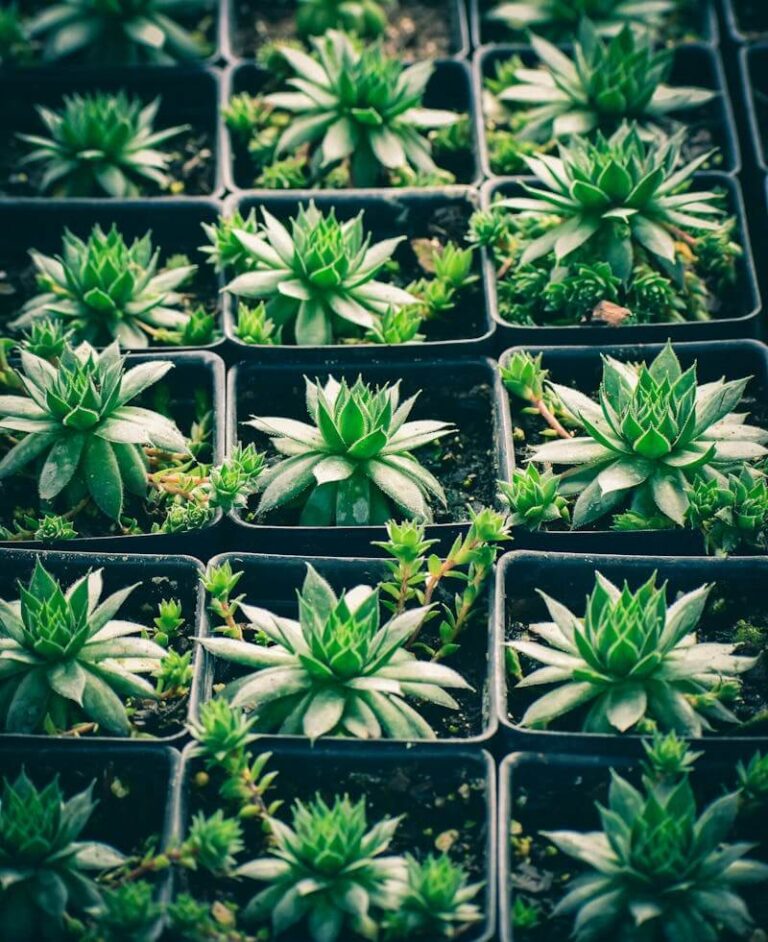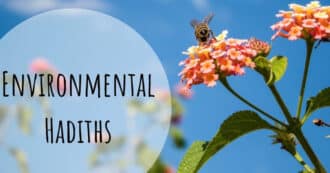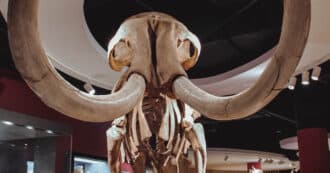An autotroph is an organism (life form) that is able to produce nutritional organic substances such as proteins, fats and carbohydrates, from simple inorganic substances such as carbon dioxide. Green plants, certain algae, and bacteria are considered to be autotrophic.
Origin of the term and application
The term autotrophic derives from Greek words “auto” meaning self and “trophe” meaning nourishment. References to autotrophy are found in scientific and biological discussions, particularly when exploring the diverse ways organisms obtain energy. Autotrophs form the foundation of ecosystems as they convert inorganic substances to energy rich substances to support the ecosystem.
When applied to ecological studies, autotrophy explains the interconnectedness of all living organisms and their dependence on energy flow within the ecosystem. The work of researchers in exploring ways to utilize the efficiency of autotrophic organisms for human benefit may provide solutions for sustainable agriculture and energy production in the face of climate change.





